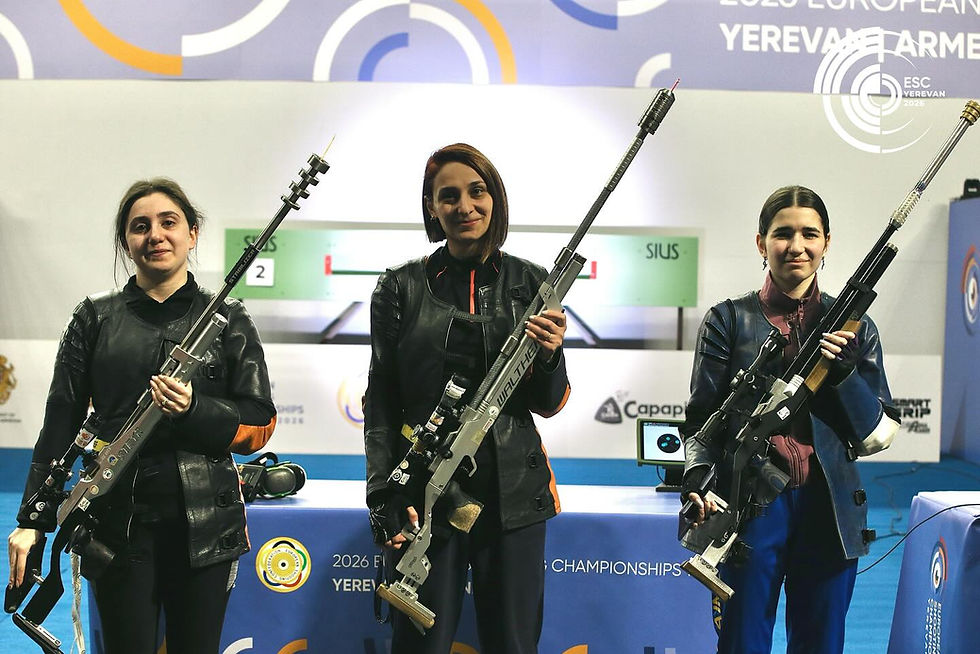EU Magnitsky Act Extended: Armenia and Azerbaijan Among 11 Non-EU Nations Joining Sanctions
- Dec 18, 2023
- 2 min read

In a major move concerning global human rights, eleven countries outside the European Union (EU), including Armenia and Azerbaijan, have aligned themselves with the EU Council's decision to prolong the European Magnitsky list for an additional year. This decision, spearheaded by Brussels, targets individuals and entities accused of severe human rights violations, as confirmed by Josep Borrell, the EU High Representative for Foreign Affairs and Security Policy.
The renewal of existing restrictive measures by the Council extends until December 8, 2024. This action encompasses a roster of persons and entities subject to stringent sanctions, including bans on entry into EU territories and freezing of financial assets. The measures primarily target citizens, security forces, and companies associated with Iran, China, North Korea, Russia, Syria, and other countries accused of grave human rights transgressions.
Borrell's statement underlined the alignment of several non-EU entities with the Council's decision. Notably, candidate countries such as North Macedonia, Montenegro, Albania, Ukraine, Moldova, and Bosnia and Herzegovina, along with EFTA members Iceland, Liechtenstein, and Norway, joined in supporting the Council's action.
The decision also garnered support from Armenia and Azerbaijan, signifying their commitment to adhering to the Council's mandate, aligning their national policies accordingly.
The EU's Magnitsky Act, initially inspired by the case of Sergei Magnitsky, a Russian whistleblower who died in custody after exposing widespread corruption, targets individuals involved in severe human rights abuses worldwide. The legislation aims to sanction individuals responsible for crimes such as genocide, torture, slavery, and other grave violations, irrespective of geographical constraints.
The EU's pivot towards a thematic approach in imposing sanctions highlights a shift from region-specific measures to a broader scope encompassing global human rights concerns. This shift allows for flexible inclusion of new entities and persons on sanctions lists without necessitating distinct legal frameworks for each country.
Despite calls from various quarters, including the European Parliament, for a qualified majority voting system in sanctions decisions and the involvement of human rights experts and NGOs in the selection process, the standard EU procedure based on unanimous Council decisions continues.
Ironically, Azerbaijan has been allowed to join this list despite the country's ongoing human rights violations against Armenians and their recent commission of ethnic cleansing against the Armenians of Artsakh (Nagorno-Karabakh).






Comments